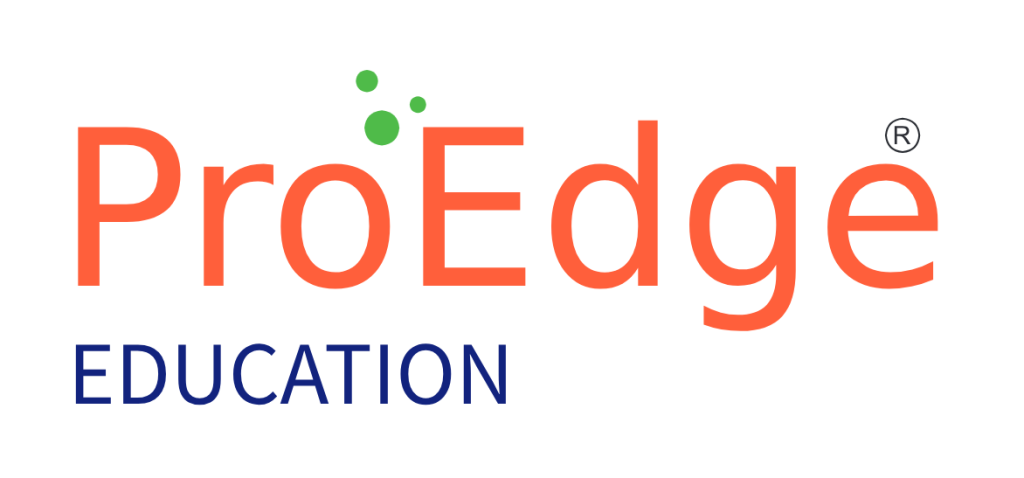Tips for IELTS and GRE preparation: Preparing for both GRE and IELTS may not be feasible simultaneously, as the tests assess different abilities and are structured differently. Provided that you possess good planning and good time management, you can excel in both the tests without feeling a sense of compulsion. In this book is a serious co-harmonious IELTS studying approach that examines the mastery of the English language and for GRE, which tests verbal skill, quantitative skill, and writing ability.
In Identifying the Significant IELTS vs GRE Differences to Optimize Your Study Plan
Before going into preparation methods, one must know about the significant difference between these two tests. Hearing, reading, writing and speaking IELTS (International English language test system) tests English language skills. However, GRE (Graduate Record Examination) tests a wide range of skills such as challenging oral arguments, quantitative problems and analytical writing.
IELTS should usually be done by foreign students who are demanding admission to universities in English -speaking countries, while GRE is usually required to enter a business school or graduate school. Knowing these differences will allow you to organize your study program so that it maximizes the areas of overlap, meeting the unique needs of each test.
How to create a balanced study schedule Tips for IELTS and GRE preparation
Key to success in the tests is having a good realistic study plan. Some guidelines, as follows, can assist you in making a good plan:
Assess Your Strengths and Weaknesses: Take diagnostic tests for IELTS and GRE to identify areas where you need to put in effort.
Use Study Time Judiciously: Since GRE encompasses an enormous syllabus with a huge vocabulary and keen logical questions, you may have to spend more time on it during individual IELTS practice sessions.
Take an Integrated Approach: Focus on the areas where preparation is concurrent. For example, IELTS writing practice can be incorporated together with GRE analytical writing preparation.
Practice Daily: Practice on a regular basis and not cram. Spend at least 2-3 hours daily on GRE practice and 1-2 hours on IELTS.
Weekly Targets: Split your study plan into weekly targets to monitor your progress well.
Developing Adequate Vocabulary for IELTS and GRE so as to Perform Optimally in the Verbal Section
Though both GRE and IELTS require good command of English words, GRE verbal section examines your comprehensive understanding of GRE vocabulary words and phrases. Use the following steps to develop your vocabulary:
Use flashcards: Some GRE terminology such as “laconic,” “obfuskets,” and “acaric” are rarely used in our everyday life. Prepare a flashcard and use apps like Anki or Quizlet to do these words in memory.
Read a lot: Read level-class texts, articles and newspapers to increase reading as well as to increase vocabulary.
Vocabulary Journal: Jot down unfamiliar words with their meanings and rehearse using them in sentences so that they remain in your memory.
Practice Synonyms and Antonyms: The GRE will test your contextual word understanding ability, hence learning synonyms and antonyms will prove highly beneficial.
IELTS-Specific Vocabulary: GRE vocabulary is higher level, but IELTS requires one to be sensitive to academic as well as general English vocabulary employed in everyday contexts. Ensure to pay attention to academic as well as conversational words.
How to Improve Reading Skills for IELTS and GRE to Enhance Comprehension
Reading comprehension is needed in both tests but assessed in different ways. IELTS reading includes reading articles from magazines, journals, and scholarly articles, while GRE includes tougher passages demanding analytical processes.
How to prepare well:
Skim and Scan: Practice skimming extracts to get general sense and scanning for specific information for IELTS.
Analyze Arguments: On GRE, focus on identifying the main argument, supporting evidence, and line of reasoning.
Take Notes: Mark salient points on reading GRE passages to assist to answer questions based on inference.
Time Yourself: Reading passages under a set timeframe could improve speed as well as accuracy for both tests.
Learning Writing Skills for IELTS and GRE for Scoring Well in Analytical and Essay Section
Both need writing skill, but the needs are quite different. The IELTS writing exercises are overall tests of writing skill, and the GRE analytical writing section needs formal and logical argumentation.
Know the Format: IELTS consists of two exercises – essay writing based on visual input and essay writing. GRE has analysis of an argument and an issue essay.
Make Strong Points: GRE essays have to be soundly argued using appropriate evidence and reason, yet IELTS essays rely on coherence and clarity.
Practice Timed Essays: Practice timed essays to mimic actual test settings.
Use Advanced Sentence Structure: Apply higher grammatical precision and diversity of sentences to enhance the qualitative nature of writing.
Review and Edit: Re-write essays to eliminate grammatical mistakes and enhance clarity.
Good Listening and Speaking Strategies for IELTS While Preparing GRE
IELTS has a standalone listening and speaking section, but GRE does not. However, good speaking and listening skills indirectly enhance reading and analytical reasoning for GRE as well.
Listen to Podcasts and Lectures: Listening to BBC News, TED Talks, and university debates will help improve speaking skills.
Practice Speaking Daily: Record your speech on IELTS questions and analyze pronunciation, fluency, and coherence.
Have Conversations: Talk with your friends or engage in English-language groups to practice speaking skill.
Practice Mock Speaking Tests: Practice in true test settings for building confidence.
Our ProEdge IELTS and GRE Training: Your Door to Success
At ProEdge, we give you tailored course programs to prepare you to become a master at IELTS and GRE. Our expert coaches provide one-to-one coaching, test strategy, test-taking tips, and loads of practice material. Join us at ProEdge today and put one step toward your dream college with confidence!
Enroll now at https://theproedge.in/metform-form/enroll/
FAQs about Tips for IELTS and GRE Preparation
1. How many weeks does it take to prepare for IELTS and GRE together?
Ideally, 3 to 6 months of preparation time with regular practice is the best. for both the tests.
2. Will GRE preparation help in IELTS preparation?
Yes. GRE preparation builds vocabulary and reading comprehension, which are helpful for IELTS.
3. How to find a balance between. IELTS and. GRE preparation?
Plan your studies properly, and focus. on common. skills, and keep. a definite time for. each test.
4. Is it possible for us to get high marks for both exams?
Yes, if you study well and practice adequately, you can score high in both IELTS and Gre.
5. What can ILTS and GRE do for us in terms of preparation?
ProEdge offers expert coaching, practice tests, and customized study plans for you to perform at your best in both the tests.
By adhering to these tips and taking up ProEdge training courses, you can best prepare for both GRE and IELTS and have a prosperous academic life!

